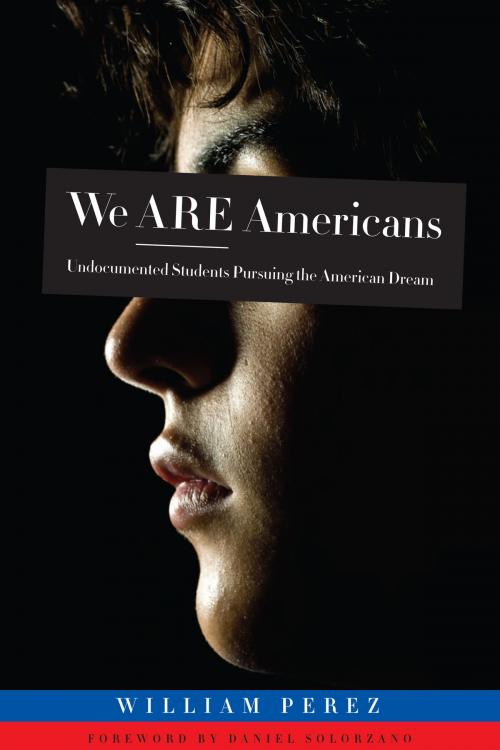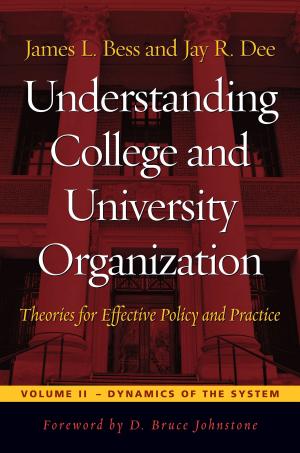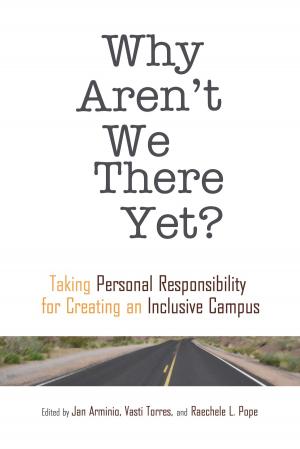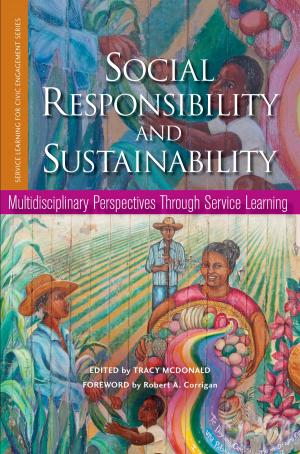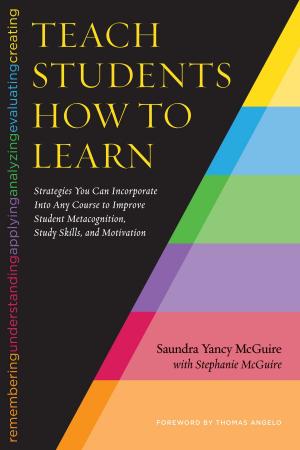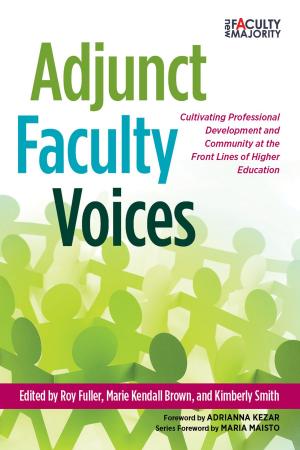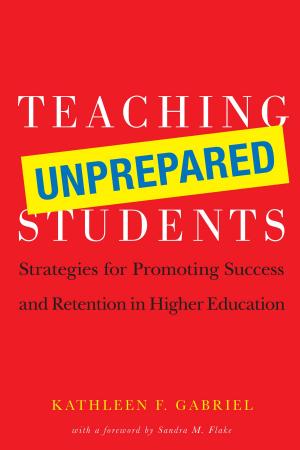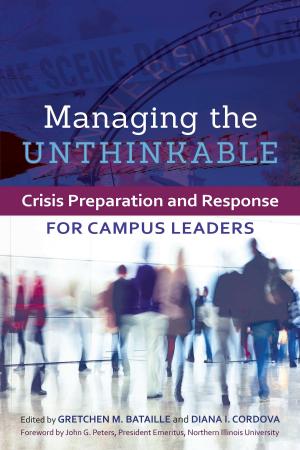We ARE Americans
Undocumented Students Pursuing the American Dream
Nonfiction, Reference & Language, Law, Emigration & Immigration, Social & Cultural Studies, Social Science, Cultural Studies, Education & Teaching, Higher Education| Author: | ISBN: | 9781620369982 | |
| Publisher: | Stylus Publishing | Publication: | December 7, 2018 |
| Imprint: | Stylus Publishing | Language: | English |
| Author: | |
| ISBN: | 9781620369982 |
| Publisher: | Stylus Publishing |
| Publication: | December 7, 2018 |
| Imprint: | Stylus Publishing |
| Language: | English |
Winner of the CEP Mildred Garcia Award for Exemplary Scholarship
About 2.4 million children and young adults under 24 years of age are undocumented. Brought by their parents to the US as minors—many before they had reached their teens—they account for about one-sixth of the total undocumented population. Illegal through no fault of their own, some 65,000 undocumented students graduate from the nation's high schools each year. They cannot get a legal job, and face enormous barriers trying to enter college to better themselves—and yet America is the only country they know and, for many, English is the only language they speak.
What future do they have? Why are we not capitalizing, as a nation, on this pool of talent that has so much to contribute? What should we be doing?
Through the inspiring stories of 16 students—from seniors in high school to graduate students—William Perez gives voice to the estimated 2.4 million undocumented students in the United States, and draws attention to their plight. These stories reveal how—despite financial hardship, the unpredictability of living with the daily threat of deportation, restrictions of all sorts, and often in the face of discrimination by their teachers—so many are not just persisting in the American educational system, but achieving academically, and moreover often participating in service to their local communities. Perez reveals what drives these young people, and the visions they have for contributing to the country they call home.
Through these stories, this book draws attention to these students’ predicament, to stimulate the debate about putting right a wrong not of their making, and to motivate more people to call for legislation, like the stalled Dream Act, that would offer undocumented students who participate in the economy and civil life a path to citizenship.
Perez goes beyond this to discuss the social and policy issues of immigration reform. He dispels myths about illegal immigrants’ supposed drain on state and federal resources, providing authoritative evidence to the contrary. He cogently makes the case—on economic, social, and constitutional and moral grounds—for more flexible policies towards undocumented immigrants. If today’s immigrants, like those of past generations, are a positive force for our society, how much truer is that where undocumented students are concerned?
Winner of the CEP Mildred Garcia Award for Exemplary Scholarship
About 2.4 million children and young adults under 24 years of age are undocumented. Brought by their parents to the US as minors—many before they had reached their teens—they account for about one-sixth of the total undocumented population. Illegal through no fault of their own, some 65,000 undocumented students graduate from the nation's high schools each year. They cannot get a legal job, and face enormous barriers trying to enter college to better themselves—and yet America is the only country they know and, for many, English is the only language they speak.
What future do they have? Why are we not capitalizing, as a nation, on this pool of talent that has so much to contribute? What should we be doing?
Through the inspiring stories of 16 students—from seniors in high school to graduate students—William Perez gives voice to the estimated 2.4 million undocumented students in the United States, and draws attention to their plight. These stories reveal how—despite financial hardship, the unpredictability of living with the daily threat of deportation, restrictions of all sorts, and often in the face of discrimination by their teachers—so many are not just persisting in the American educational system, but achieving academically, and moreover often participating in service to their local communities. Perez reveals what drives these young people, and the visions they have for contributing to the country they call home.
Through these stories, this book draws attention to these students’ predicament, to stimulate the debate about putting right a wrong not of their making, and to motivate more people to call for legislation, like the stalled Dream Act, that would offer undocumented students who participate in the economy and civil life a path to citizenship.
Perez goes beyond this to discuss the social and policy issues of immigration reform. He dispels myths about illegal immigrants’ supposed drain on state and federal resources, providing authoritative evidence to the contrary. He cogently makes the case—on economic, social, and constitutional and moral grounds—for more flexible policies towards undocumented immigrants. If today’s immigrants, like those of past generations, are a positive force for our society, how much truer is that where undocumented students are concerned?
